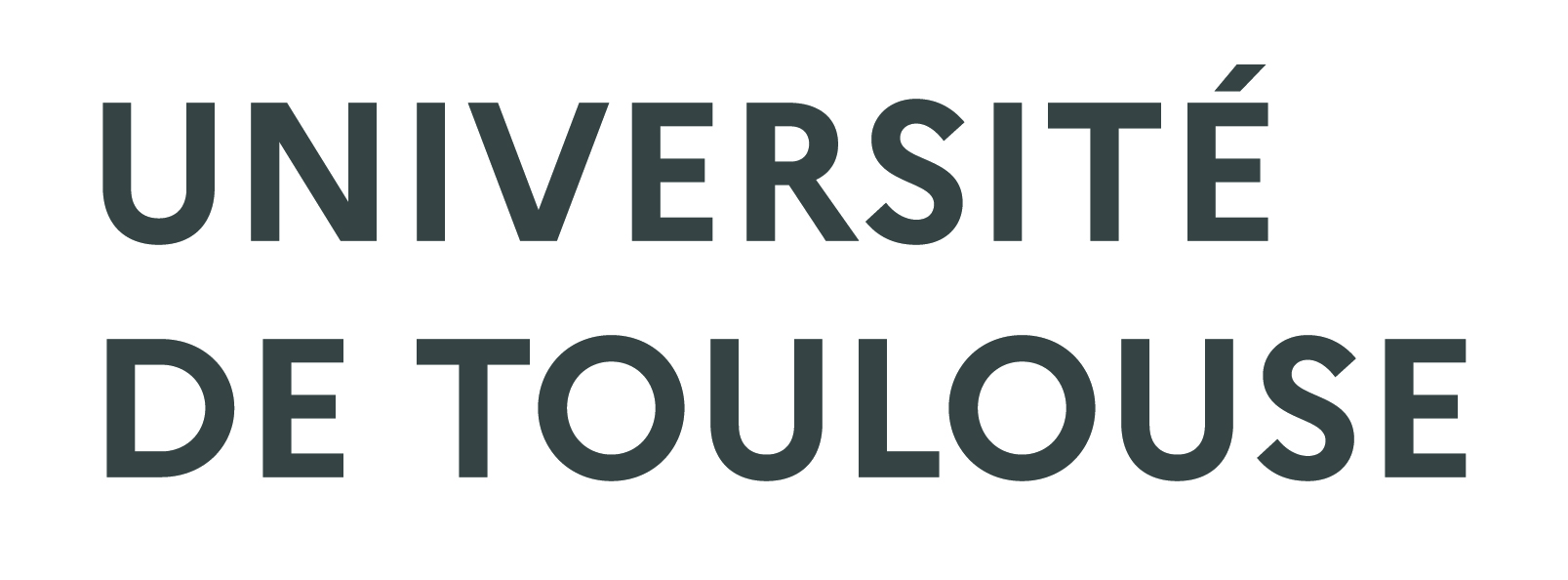YB1 -a Cancer Biomarker and a Drug Resistance Factor
Résumé
The Y-box binding protein 1 (YB1) is a member of the family of DNA- and RNA-binding proteins with an evolutionarily ancient and conserved cold shock domain. It regulates pre-mRNA transcription and splicing, mRNA packaging, mRNA stability, translation and DNA repair. At the cellular level, YB1 is involved in cell proliferation, differentiation, stress response, malignant cell transformation and chemoresistance. In our team, we are studying the interaction of YB1 with the DNA glycosylase, NTH1, a DNA repair enzyme of the base excision repair (BER) pathway and we have shown that YB1 stimulates the DNA repair activity of NTH1. Moreover, this interaction is enhanced in MCF7 breast cancer-derived cells treated with first-line chemotherapeutic agents, such as cisplatin, leading to resistance to anti-cancer treatment.
My thesis project aims to evaluate the potential of YB1 as a key biomarker in cancer biology and to characterize its precise role in cancer progression and chemoresistance. To achieve this, our first goal is to use bioinformatics tools to compare the levels of expression of YB1 in healthy tissues versus cancer cell lines and to correlate expression levels with cancer development and drug resistance. For this, we are exploiting deep RNA-seq data available in some major public databases: Cancer Cell Line Encyclopaedia (CCLE), The Cancer Genome Atlas (TCGA), Human Protein Atlas (HPA) and Genotype Tissue Expression (GTEX). Interestingly, our results confirm the overexpression of YB1 mRNA in most of the cancer types compared to their respective healthy tissues. Furthermore, YB1 could potentially be used as an early diagnostic value in 8 out of 15 tumor types and is positively associated with the prognosis of 8 out of 32 different tumors. Additionally, YB1 shows an interesting correlative gene expression profile with several BER factors like NTHL1, OGG1, APE1, XRCC1, and PARP1. Moreover, we have access to transcriptomics data from a collection of annotated cohort patients with Anaplastic Large Cell Lymphoma (ALCL) and from a collection of ALCL cell lines, through our collaboration with the Toulouse Cancer Research Centre. Preliminary RNA-seq data analysis and RT-qPCR experiments performed on these samples also confirm a marked overexpression of YB1 in tumor samples. Based on the above mentioned results, pancreatic, skin and lymphatic cancers stand out as being highly interesting at the prognostic, diagnostic and BER expression levels. Cell lines from these cancer types will now be further explored in order to validate these bioinformatics analyses experimentally and to further study the involvement of YB1 in BER, DNA repair, and thus cancer drug resistance.
Domaines
Sciences du Vivant [q-bio]| Origine | Fichiers produits par l'(les) auteur(s) |
|---|---|
| licence |
Domaine public
|
